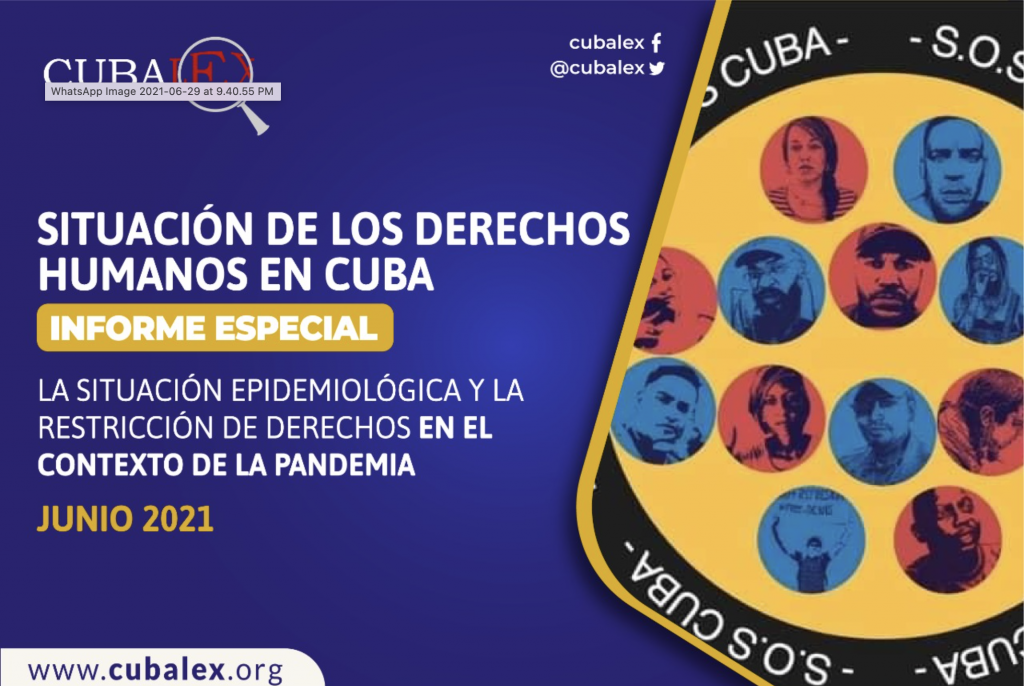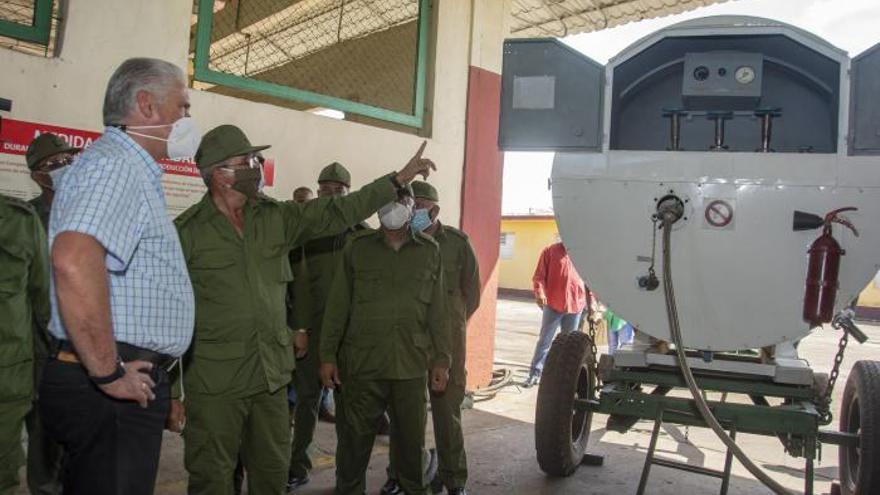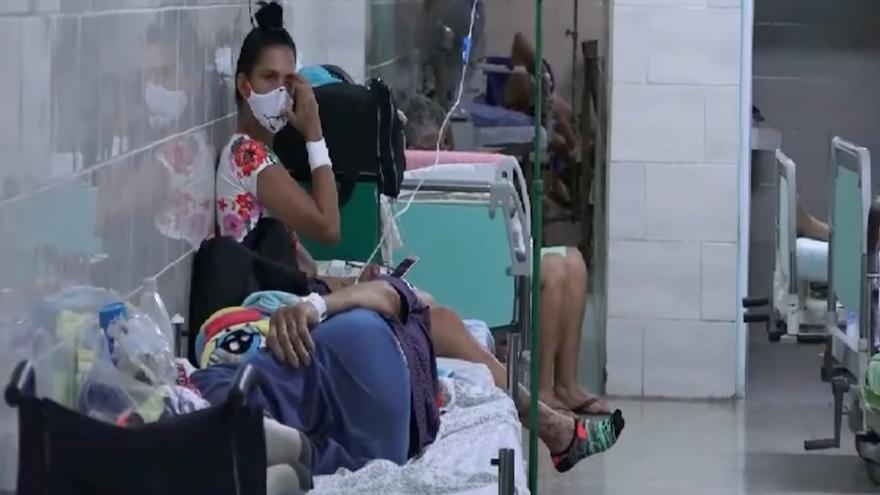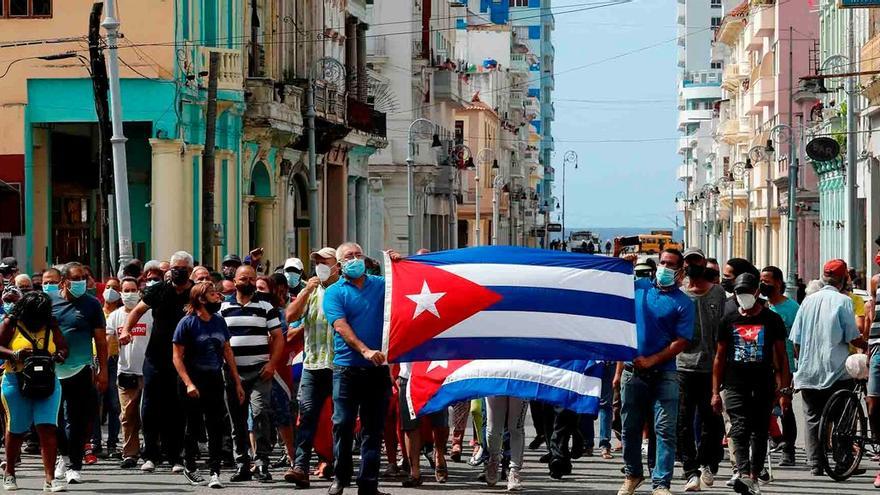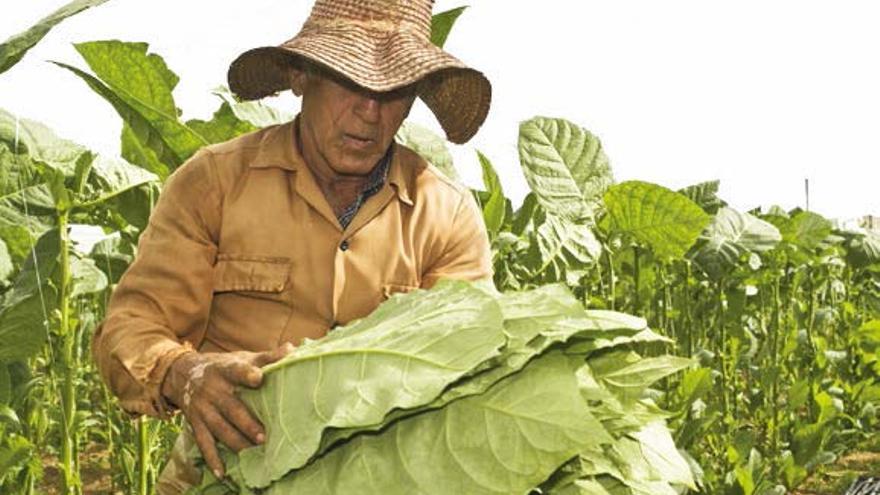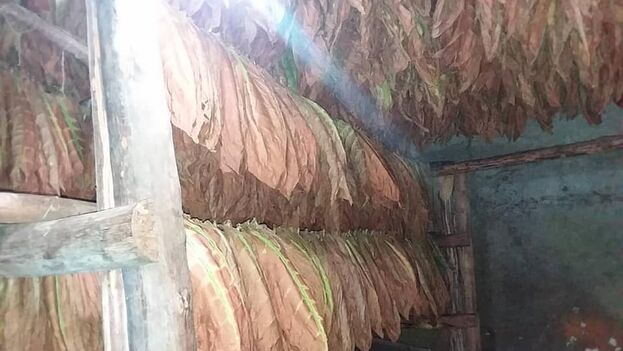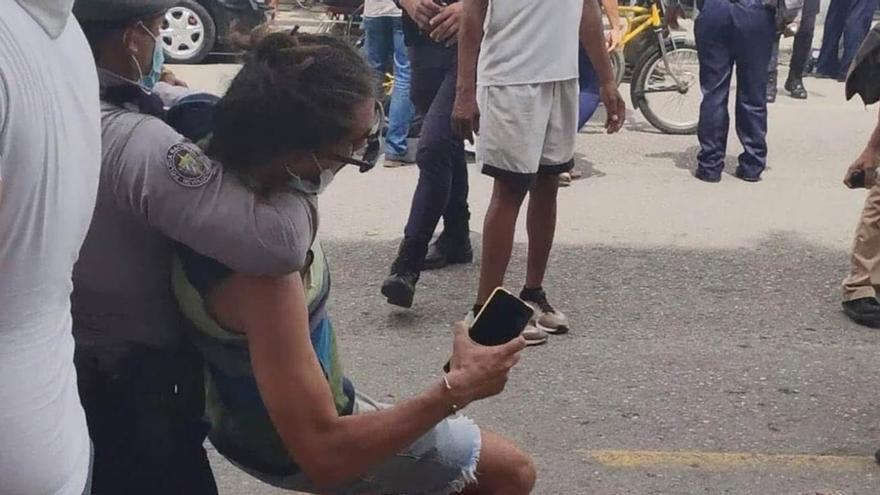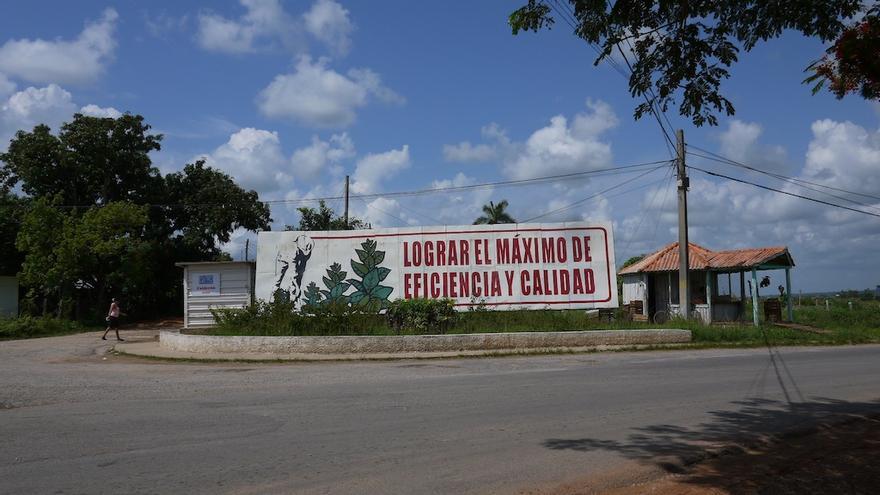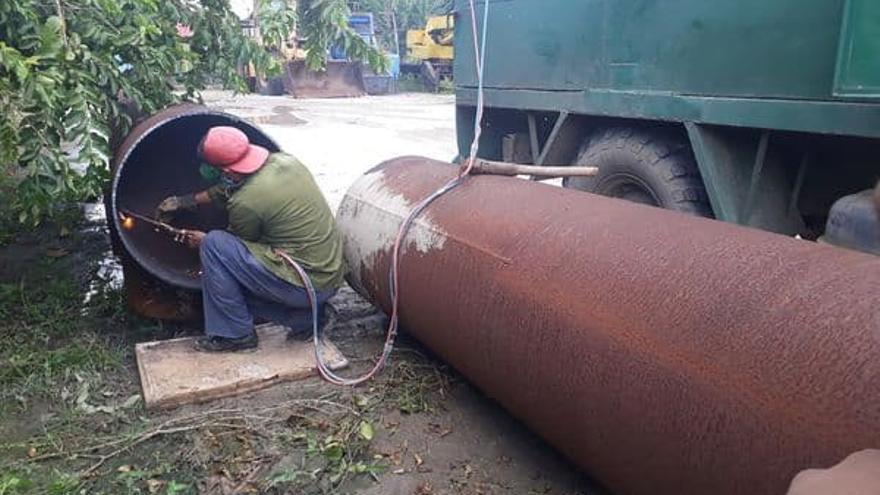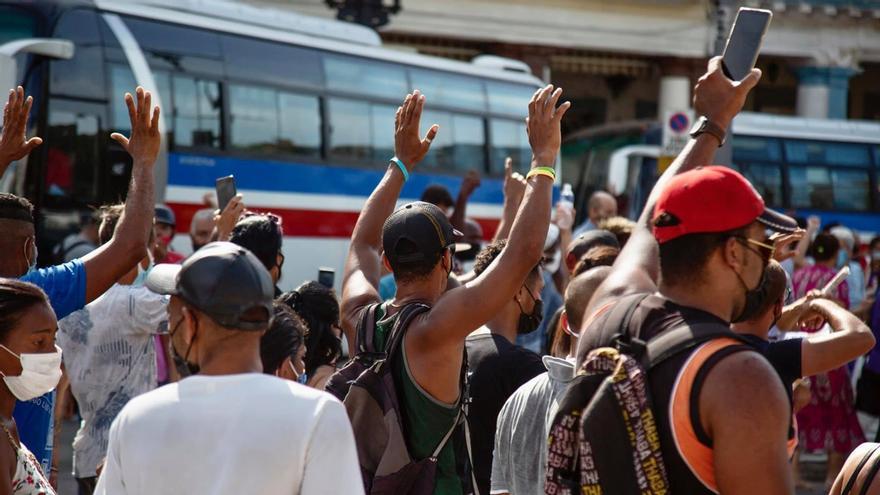
![]() 14ymedio, Havana, August 27, 2021 — Cuban authorities finally approved regulating the use of cryptocurrencies in national transactions and will grant licenses for service providers that operate with these virtual assets. The resolution, published yesterday in the Official Gazette, will take effect on September 15.
14ymedio, Havana, August 27, 2021 — Cuban authorities finally approved regulating the use of cryptocurrencies in national transactions and will grant licenses for service providers that operate with these virtual assets. The resolution, published yesterday in the Official Gazette, will take effect on September 15.
The text, signed by the head of the Central Bank of Cuba (BCC), Marta Sabina Wilson González, indicates that the entity must establish “the use of certain virtual assets in commercial transactions” in “operations related to financial, exchange, collection, or payment activities” within or from Cuban territory.
The permission of the BCC will be essential so that “financial institutions and other legal entities” can use “virtual assets among themselves and with natural persons, to carry out monetary and commercial operations, and exchange and redemption.”
The entity has warned of the risks of operations with virtual assets, due to their high volatility, and because continue reading
The new legal framework is based on Decree-Law 317 regarding “the prevention and detection of operations in the fight against money laundering, the financing of terrorism, and the proliferation of weapons of mass destruction.” The rule, approved in 2013, indicates that the BCC is the competent authority to act against this type of crime and for this it must establish the guidelines to prevent it.
In the text published this Thursday, the entity declares itself free of any liability that may arise in cases of scams.
“Natural persons assume the risks and responsibilities that in the civil and criminal system derive from operating with virtual assets and virtual asset service providers that operate outside the Banking and Financial System, even when transactions with virtual assets are not prohibited between such people,” it says.
In May of this year, Miguel Díaz-Canel warned that the possibility of regulating cryptocurrencies was very real and its “convenience” was being analyzed. In the midst of a landscape of serious crisis and lack of liquidity, virtual currency opens up some possibilities, but it also carries risks and uncertainty.
The deficit in the balance of payments, the non-participation in multilateral organizations such as the International Monetary Fund, its high debt, repeated defaults, and the effects of the US embargo, hinder Cuba’s access to financial markets and its international transactions. But the authorities have allowed cryptocurrencies to operate only in the national orbit.
On the island, users of this type of asset have grown notably, and it is estimated that at least 10,000 people use bitcoins.
The BCC warned months ago of the scams that could occur in this area, and indicated that the operations carried out by a list of companies it designated have “little or no transparency and hide behind apparently technical but meaningless verbiage.”
The companies were Mind Capital, Mirror Trading, Arbistar, Qubit Life / Qubit Tech, X-Toro and Trust Investing, the most popular in the country with tens of thousands of partners. Its director in Cuba, Ruslan Concepción, was detained in April of this year for alleged “illegal economic activity.”
After his arrest, several Cubans linked to the company were investigated and some assets were confiscated from them. The platform is accused by several international analysts of operating “a Ponzi scheme — it doesn’t have a real product and pays its investors with their incoming money,” although its affiliates in Cuba deny this.
Some experts consider that cryptocurrencies could be a solution for Cubans who do not trust the peso but have little access to dollars since remittances have been reduced due to the limitations imposed by the Donald Trump Administration. But they also call for caution because of scams that occur in this area.
Among Cuban cryptocurrency users, opinions have not been long in coming. Michel Aragón, who has a finance channel on YouTube, has been very annoyed by the control that the BCC will impose on both companies and citizens who want to participate in the system, while Erich García, founder of Bitremesas, is optimistic and thinks that an opportunity has opened up.
“Yes, I’m Cuban. Yes, I use cryptocurrencies a lot. Yes, I’m a natural person. Yes, I’m going to request the necessary licenses to operate with that” digital asset. “I live in Cuba and I must comply with the laws of Cuba. If it doesn’t fit me, I’ll pass. Just normal,” he told his followers.
Translated by Tomás A.
____________
COLLABORATE WITH OUR WORK: The 14ymedio team is committed to practicing serious journalism that reflects Cuba’s reality in all its depth. Thank you for joining us on this long journey. We invite you to continue supporting us by becoming a member of 14ymedio now. Together we can continue transforming journalism in Cuba.


